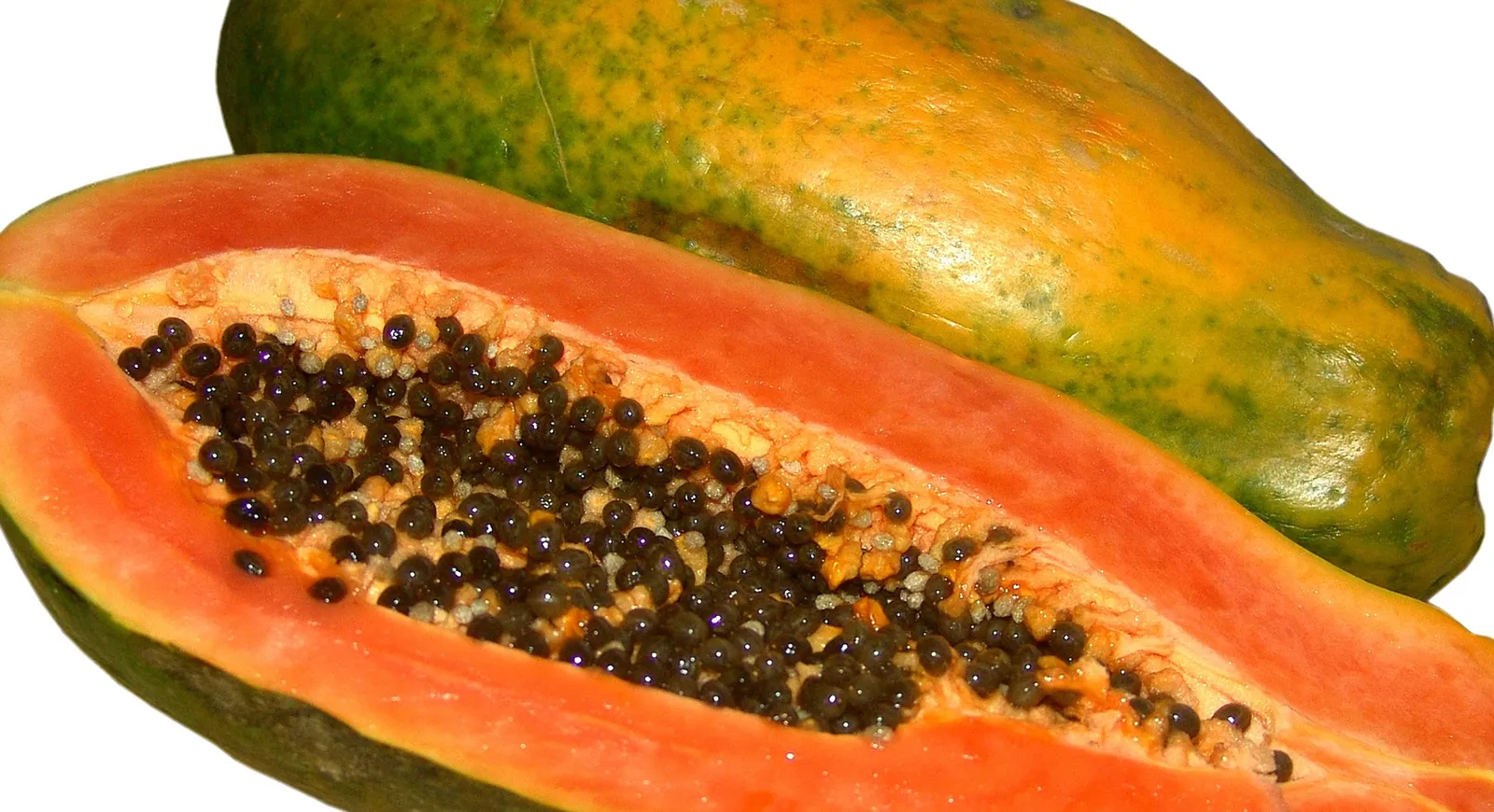Ad Blocker Detected
Our website is made possible by displaying online advertisements to our visitors. Please consider supporting us by disabling your ad blocker.
Grapes, with their plump, juicy clusters and sweet, vibrant flavors, are one of nature’s most beloved fruits. These tiny powerhouses of nutrition have been cultivated for thousands of years and enjoyed across various cultures and cuisines. Beyond their delectable taste, grapes offer an array of health benefits that make them a valuable addition to your diet. In this article, we will explore the world of grapes, delving into their nutritional richness, potential health advantages, and culinary versatility.
A Fruit with a Rich History
Grapes, scientifically known as Vitis vinifera, have a storied history that dates back to ancient times. Native to the Mediterranean region, grapes have been cultivated for winemaking and consumption for thousands of years. They come in various colors, including red, green, and black, each with its unique flavor profile.
Nutritional Profile of Grapes
A Bundle of Nutrients
Grapes are celebrated not only for their delightful taste but also for their impressive nutritional content. Here’s a glimpse of the nutrients found in grapes:
1. Vitamins
- Vitamin C: An antioxidant that supports immune health, skin regeneration, and wound healing.
- Vitamin K: Essential for blood clotting and bone health.
2. Minerals
- Potassium: Critical for maintaining healthy blood pressure, nerve function, and muscle contractions.
- Copper: Contributes to red blood cell formation and overall health.
3. Dietary Fiber
- Soluble Fiber: Supports digestive health, stabilizes blood sugar levels, and helps lower cholesterol.
- Insoluble Fiber: Promotes regular bowel movements and prevents constipation.
4. Antioxidants
- Resveratrol: A polyphenol with antioxidant properties, often associated with the potential health benefits of red wine.
- Quercetin: A flavonoid with anti-inflammatory effects and immune-boosting properties.
5. Natural Sugars
- Glucose: The natural sugars in grapes provide a quick source of energy.
- Fructose: Another natural sugar found in grapes, primarily responsible for their sweetness.
6. Phytonutrients
- Flavonoids: These compounds, including quercetin and kaempferol, have antioxidant properties that help protect cells from oxidative damage.
Health Benefits of Grapes
1. Heart Health
- Antioxidants: The antioxidants in grapes, including resveratrol, may contribute to reduced inflammation, improved blood flow, and a lower risk of heart disease.
- Blood Pressure Regulation: Grapes are a good source of potassium, which helps maintain healthy blood pressure levels.
2. Digestive Health
- Dietary Fiber: Grapes contain both soluble and insoluble fiber, which support digestive regularity, prevent constipation, and contribute to a healthy gut microbiome.
3. Immune System Support
- Vitamin C: Grapes provide a dose of vitamin C, which enhances immune function and helps the body fight off infections.
4. Skin Health
- Antioxidants: The antioxidants in grapes, such as quercetin, help protect the skin from UV damage and premature aging.
- Collagen Production: Vitamin C in grapes plays a vital role in collagen synthesis, promoting skin elasticity and reducing the appearance of wrinkles.
5. Anticancer Properties
- Resveratrol: This polyphenol found in grapes has been studied for its potential anticancer effects, including inhibiting the growth of cancer cells.
6. Weight Management
- Fiber-Induced Satiety: The fiber content in grapes promotes a feeling of fullness, potentially reducing overall calorie intake and aiding in weight management.
7. Eye Health
- Antioxidants: The antioxidants in grapes, particularly quercetin, may help protect against age-related eye conditions like cataracts and macular degeneration.
8. Cognitive Function
- Resveratrol: Some studies suggest that resveratrol may support cognitive health by reducing oxidative stress and inflammation in the brain.
Culinary Uses of Grapes
Grapes are incredibly versatile and can be enjoyed in various culinary creations. Here are some delightful ways to incorporate grapes into your diet:
1. Fresh and Simple
- Snacking: Enjoy grapes as a portable and refreshing snack on their own.
- Fruit Salad: Add grapes to fruit salads for a burst of sweetness and a delightful texture.
2. Breakfast Delights
- Yogurt Parfait: Layer grapes with yogurt and granola for a nutritious and satisfying breakfast.
- Smoothies: Blend grapes with other fruits, yogurt, and a touch of honey for a delicious morning smoothie.
3. Baking Brilliance
- Grape Clusters: Freeze grape clusters and enjoy them as a frosty and sweet treat.
- Roasted Grapes: Roast grapes with a drizzle of olive oil and a sprinkle of herbs for a savory-sweet side dish or appetizer.
4. Savory Dishes
- Salads: Incorporate grapes into salads for a pop of flavor and natural sweetness.
- Cheese Platters: Grapes pair wonderfully with various cheeses and make an elegant addition to cheese platters.
5. Desserts and Treats
- Fruit Tarts: Top a fruit tart with grapes for a visually stunning and flavorful dessert.
- Grape Sorbet: Make a refreshing grape sorbet by blending grapes with a touch of lemon juice and freezing the mixture.
Grape Varieties for Different Uses
Grapes come in various varieties, each with its unique flavor profile and characteristics:
- Red Grapes: Known for their sweet and slightly tart flavor, red grapes are perfect for snacking and adding a burst of color to salads.
- Green Grapes: Crisp and sweet, green grapes are versatile and widely used for snacking, salads, and desserts.
- Black Grapes: Also known as purple grapes, these have a rich, sweet flavor and are often enjoyed fresh or used in wine production.
- Seedless Grapes: As the name suggests, these grapes are conveniently seedless and are a popular choice for snacking and salads.
Conclusion
Grapes, with their enticing flavor and abundant health benefits, are indeed a gift from nature. Whether enjoyed fresh, incorporated into culinary creations, or savored as a sweet treat, grapes offer a harmonious combination of taste and nutrition. From promoting heart health to supporting skin radiance and aiding digestion, grapes are a true gem in the world of fruits. So, indulge in the juicy goodness of grapes and embrace the multitude of benefits they bring to your overall well-being.



